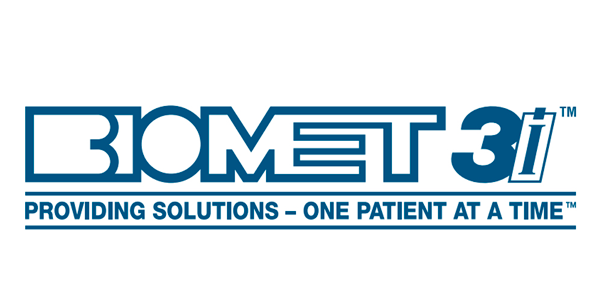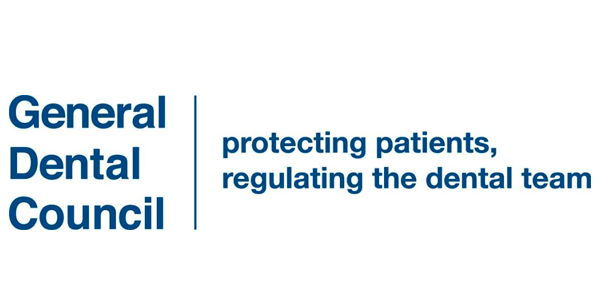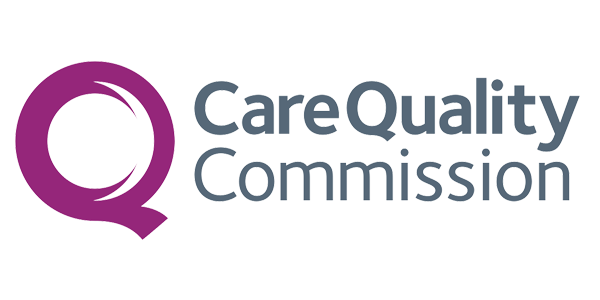Menopause marks a significant phase in a woman’s life, characterised by the end of menstrual cycles and significant hormonal changes. While many are aware of the common symptoms like hot flashes and mood swings, the impact of menopause on dental health often goes unnoticed. As your dental health partners, we’re here to shed light on this important topic, helping you navigate through these changes without compromising your smile.
The Connection Between Menopause and Dental Health
The hormonal changes during menopause, particularly the decrease in estrogen, have far-reaching effects on various aspects of health, including your dental well-being. These hormonal shifts can affect the blood supply to the gum tissue, altering the mouth’s natural ability to repair itself and fend off harmful bacteria. Consequently, women going through menopause may notice increased sensitivity, discomfort, and a higher risk for dental health issues.
One of the most significant concerns is the increased risk of osteoporosis—a condition that weakens bones and can significantly affect the jawbone supporting your teeth. Dry mouth becomes more common due to reduced saliva production, leaving your teeth more vulnerable to decay. Gum disease, too, finds a fertile ground during this period, with symptoms such as bleeding, swelling, and tenderness becoming more prevalent.
Common Dental Health Issues During Menopause
Due to the body’s hormonal adjustments, menopause can usher in a series of dental health concerns. Being aware of these can empower you to take proactive steps in collaboration with your dental care provider.
Osteoporosis and Jawbone Health
Osteoporosis is a notable condition that tends to increase during menopause and is characterized by the weakening of bones, including the jawbone. This can lead to a loss of support for your teeth, potentially causing looseness and even tooth loss. Regular dental check-ups can help monitor these changes, ensuring early intervention if needed.
Dry Mouth: Causes and Effects
Saliva plays a crucial role in maintaining oral health, neutralising acids and aiding in digestion. During menopause, reduced saliva production can lead to dry mouth, making people more susceptible to tooth decay and infections. Identifying dry mouth early and seeking solutions can mitigate these risks significantly.
Gum Disease: A Heightened Risk
The hormonal changes during menopause also affect the gums, making them more sensitive and susceptible to inflammation and disease. Symptoms like bleeding, swelling, and tenderness should not be overlooked, as they can indicate the onset of gum disease, which, if left untreated, can lead to more serious dental and health issues.
Recommendations for Dental Health During Menopause
Addressing dental health during menopause involves a comprehensive approach that includes regular professional care and self-care strategies:
- Regular Dental Checkups: Essential for early detection and management of potential dental issues. Your dentist can also offer specialized advice tailored to your needs during menopause.
- Oral Hygiene: Maintaining a diligent routine of brushing twice daily and flossing can help prevent many dental problems. Consider products designed for sensitive teeth if you experience discomfort.
- Dietary Recommendations: A balanced diet rich in calcium and vitamin D is crucial for bone health, including your jawbone. Incorporate foods that stimulate saliva production to combat dry mouth.
- Hydration and Saliva Substitutes: Stay well-hydrated to support overall health and consider using saliva substitutes or sugar-free gum to help keep your mouth moist.
Conclusion
Menopause is a natural phase that brings about significant changes in a woman’s body, including her dental health. Being informed about the potential impacts on oral health during this time is the first step toward prevention and management. Remember, your dental team is here to support you through these changes, ensuring your smile remains bright and healthy. We encourage all women experiencing menopause to engage in open discussions with their dental professionals about their concerns and to seek advice tailored to their specific needs.






